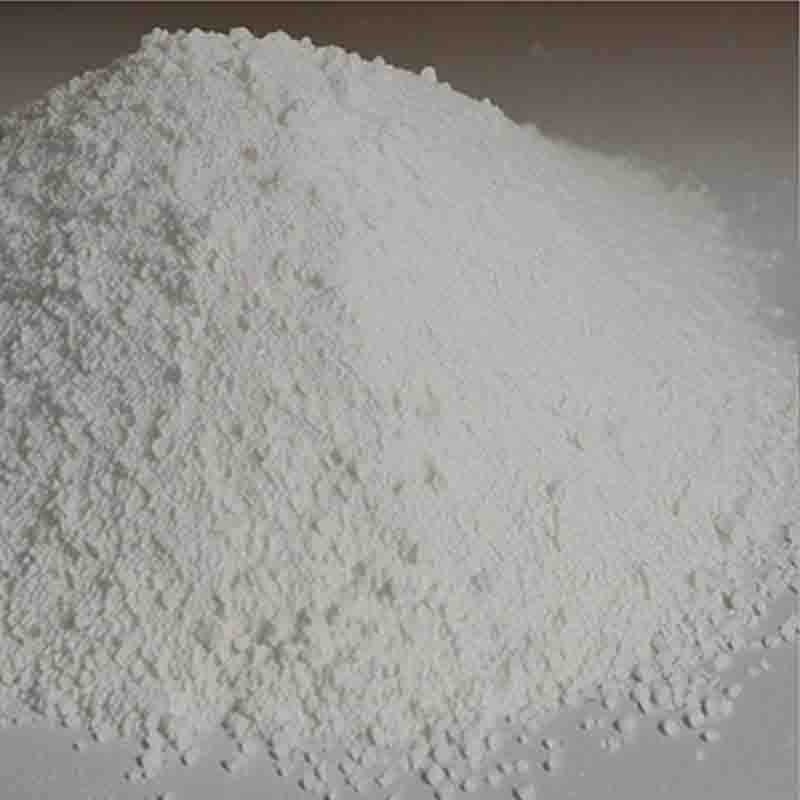Chloromethylthiazolehydrochloride CAS:7709-58-2
| Catalog Number | XD95968 |
| Product Name | Chloromethylthiazolehydrochloride |
| CAS | 7709-58-2 |
| Molecular Formula | C4H5Cl2NS |
| Molecular Weight | 170.06 |
| Storage Details | Ambient |
Product Specification
| Appearance | White powder |
| Assay | 99% min |
Chloromethylthiazole hydrochloride is a chemical compound with potential applications in organic synthesis and pharmaceutical research. However, detailed information about its specific effects is not readily available. As a result, I can provide a general overview based on the properties of similar compounds and the potential reactivity of the thiazole functional group.
Thiazoles are a class of heterocyclic compounds that are widely found in natural products and pharmaceutical agents. Chloromethylthiazole hydrochloride likely contains a thiazole ring with a chloromethyl group and a hydrochloride salt. The presence of a chloromethyl group suggests that it may participate in various chemical reactions, including nucleophilic substitution, condensation, or addition reactions.
In the context of pharmaceutical research, thiazole derivatives have been studied for their potential biological activities. Some thiazole-containing compounds have exhibited antimicrobial, antiviral, anticancer, and anti-inflammatory properties. However, it's important to note that the specific biological effects of chloromethylthiazole hydrochloride would require detailed experimental evaluation and analysis.
Due to the presence of the hydrochloride salt, the compound may have improved solubility in aqueous environments, which could be advantageous for certain pharmaceutical applications. Additionally, the chloromethyl group can serve as a synthetic handle for further derivatization, allowing for the preparation of a range of functionalized thiazole derivatives with potentially diverse biological activities.
As with any chemical compound, the effects of chloromethylthiazole hydrochloride would depend on its specific interactions with biological systems, which would require thorough investigation, including in vitro and in vivo studies. It's important to conduct comprehensive safety and efficacy assessments before considering any potential therapeutic applications.
In summary, chloromethylthiazole hydrochloride is a compound with potential applications in organic synthesis and pharmaceutical research. While it may have utility in the preparation of thiazole derivatives with potential biological activities, detailed information about its specific effects would require further experimental investigation and analysis.


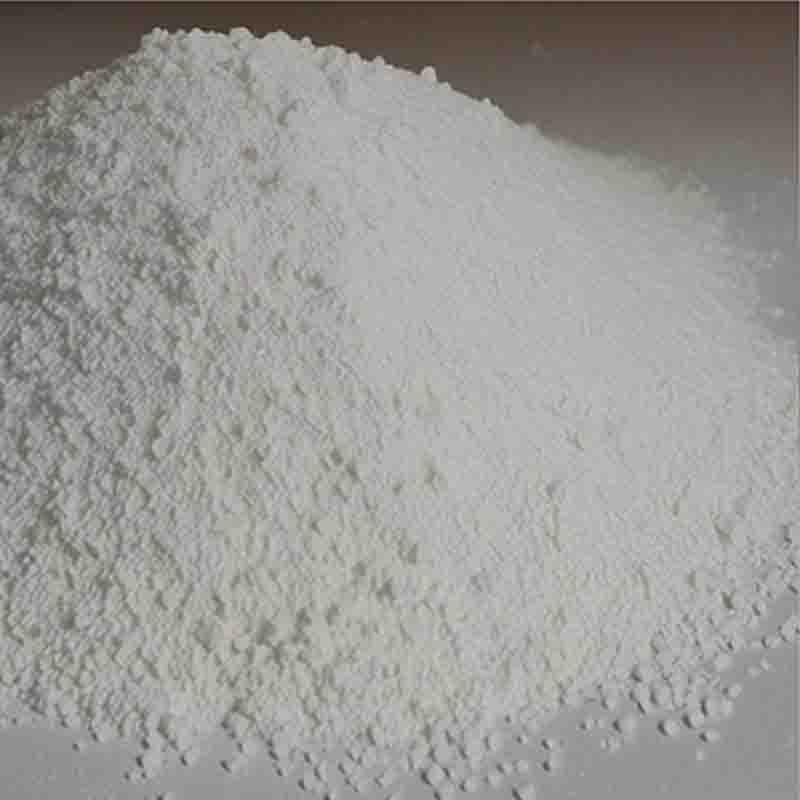

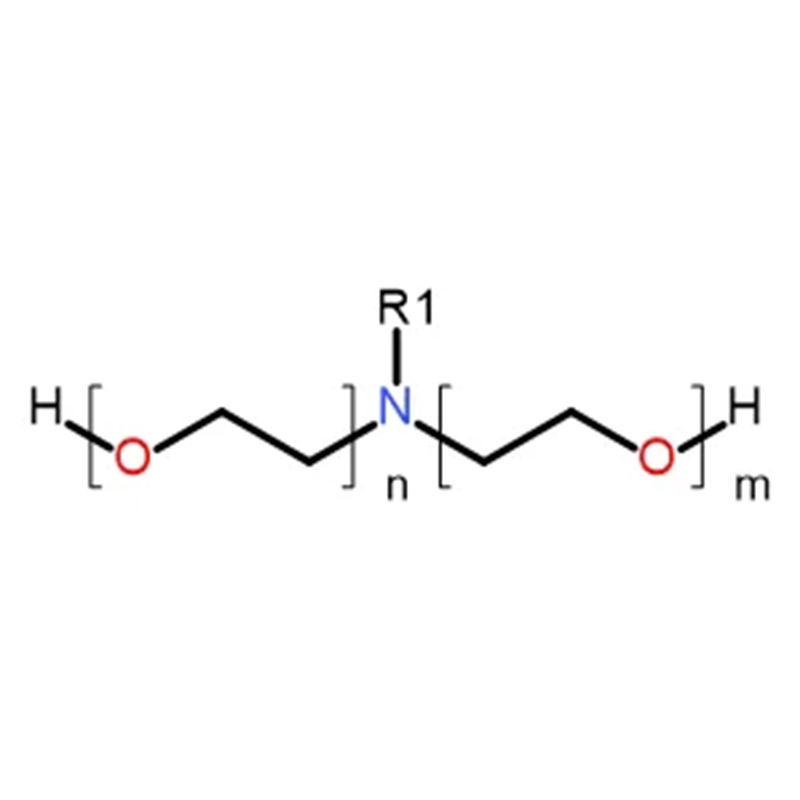
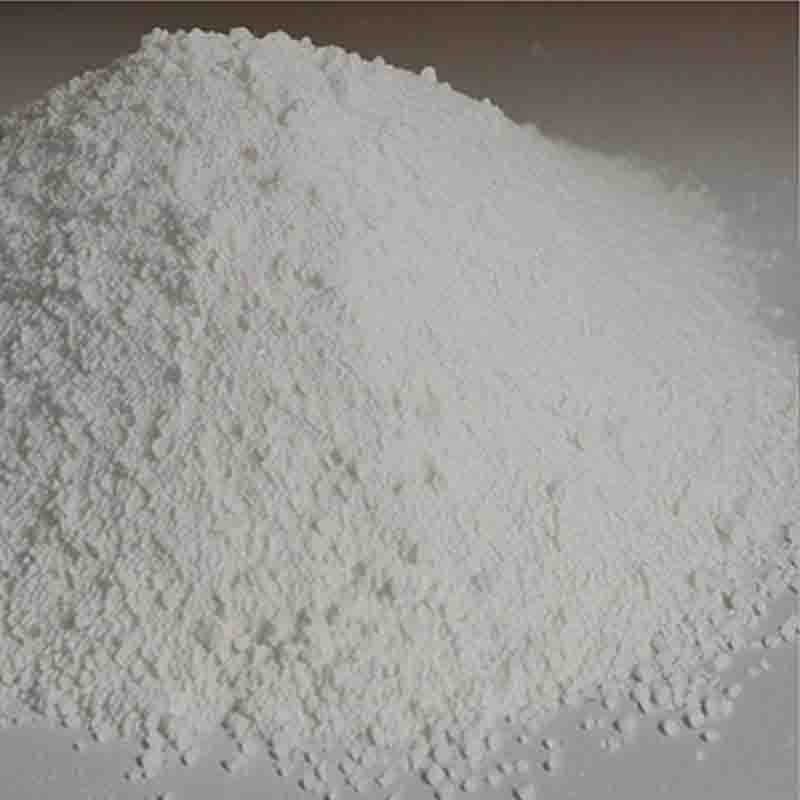
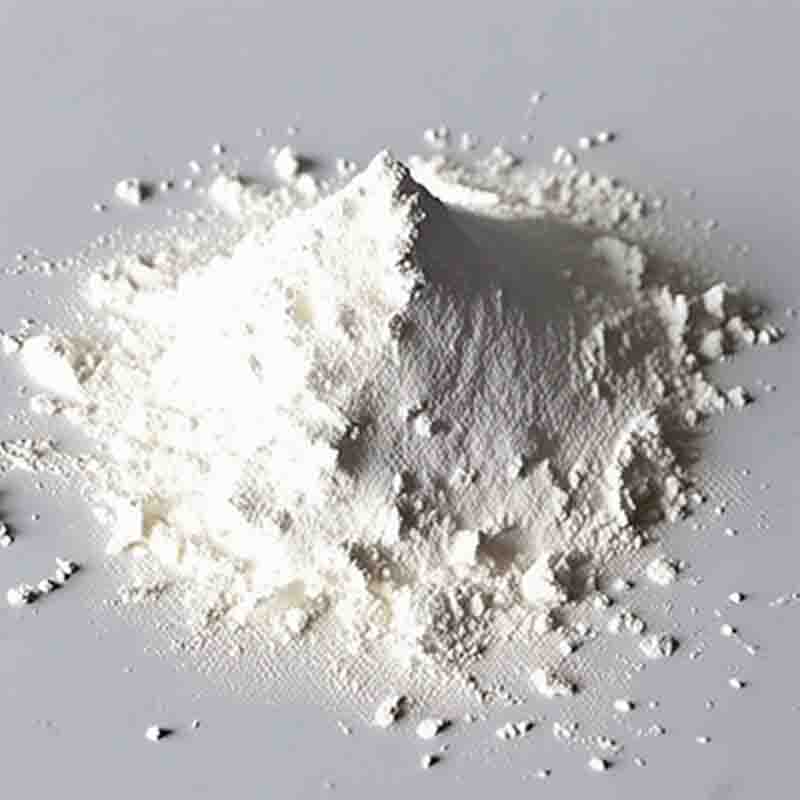
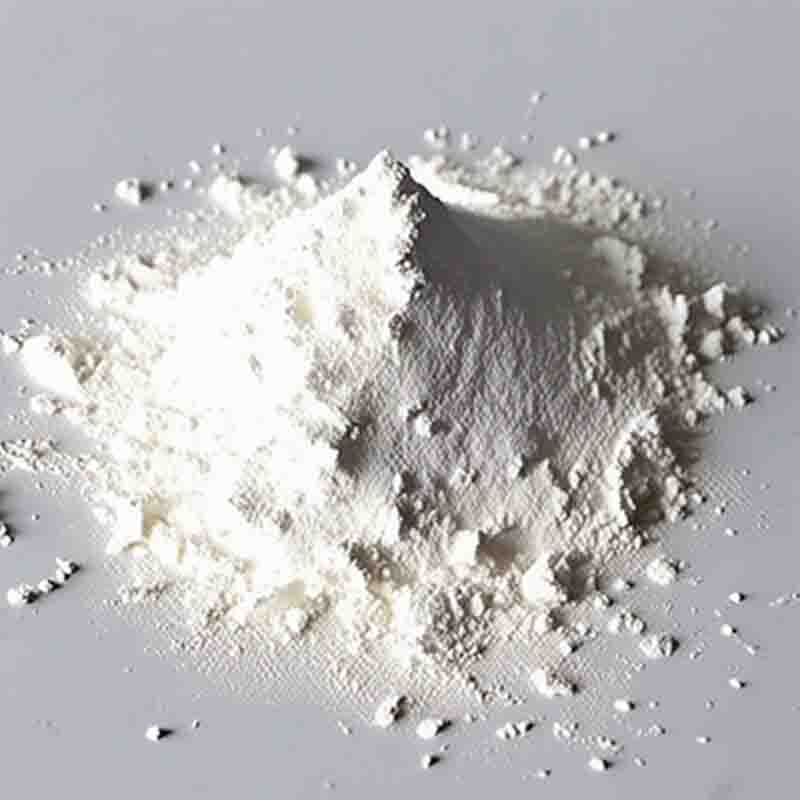
![4-[6-[(6-Bromo-8-cyclopentyl-7,8-dihydro-5-methyl-7-oxopyrido[2,3-d]pyrimidin-2-yl)amino]-3-pyridinyl]-1-piperazinecarboxylic acid 1,1-dimethylethyl ester CAS: 571188-82-4](https://cdn.globalso.com/xdbiochems/白色粉末2286.jpg)
